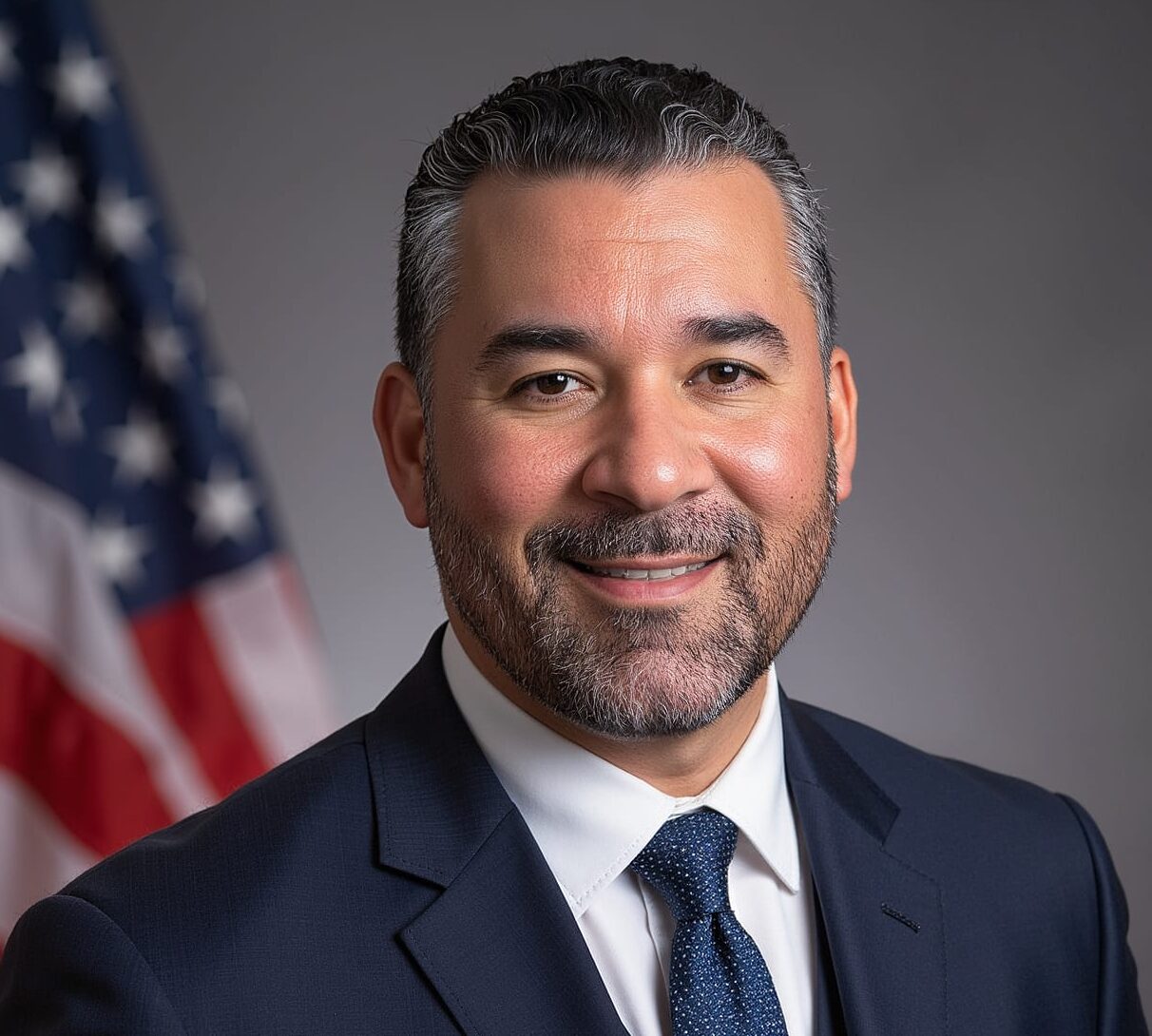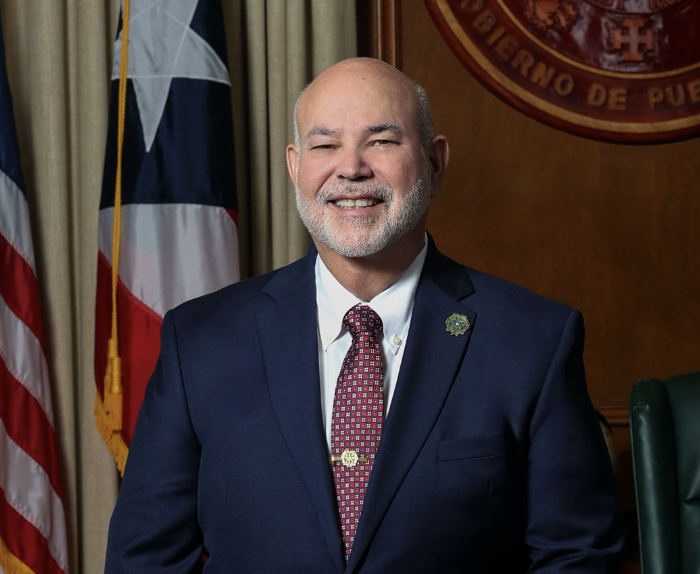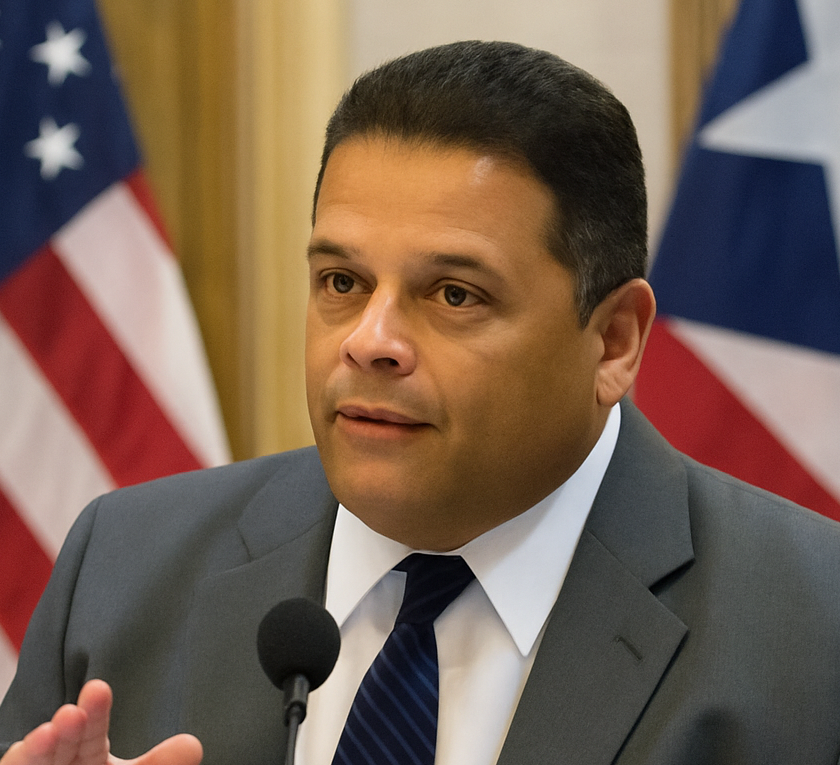Reality for Puerto Rico’s Children Clashes with Vision for New Civil Code (

While NPP Representative María Milagros Charbonier redoubles her efforts to change the Civil Code provisions in the island to favor heterosexual marriage–in spite of the US Supreme Court ruling recognizing same-sex marriages–, statistics on the conditions among Puerto Rican children paint a different picture from the one they seek to protect by law.
Last week, at the first symposium sponsored by the House of Representatives Committee on the Judiciary—which is presided by Charbonier—the legislator revealed her interest in amending the Civil Code. One of her intentions is to define marriage as a ‘civil institution originating from a civil contract between two people who are mutually obligated to be spouses. It will be Puerto Rico’s public policy to particularly promote marriage between man and woman, due to its irreplaceable role in society’s generational renewal.’
In social media, there has been an avalanche of attacks to the representative, because her vision does not adjust to reality. In fact, the most recent KIDS COUNT Data Book 2017 report shows that in 2015, 68% of children in Puerto Rico were born out of wedlock. This percentage is equal to the one registered in the Virgin Islands, and is even higher than the one in the United States (40%).
Charbonier’s statements happened in the midst of a debate over House Bill 1018, which proposes the ‘Religious Freedom Restoration Act of Puerto Rico’. This bill ‘reaffirms that practicing religion in all of its manifestations is an inalienable human right, and in the interest of preserving this right, this law is an unequivocal affirmation from a government of Puerto Rico that respects and treasures faith and religious freedom as essential elements in our development as a people,’ according to the measure’s explanatory report.
The study also points out that 59% of children and teenagers under 18 years old (429,000) live with only one guardian (mother or father) or with an unmarried couple that lives together.
According to the 2010 Census, the percentage of marriages with children under 18 years old was 40.4%.
Meanwhile, the KIDS COUNT Data Book also stated that the children in the care of their grandparents increased to 8% (56,000) in 2015, compared to 7% (52,000) the previous year.
The KIDS COUNT Data Book is published by the Institute for Youth Development , a non-profit institution that seeks to improve conditions for children, teenagers, and their families through advocacy, investigation, training, and mobilization.
Popular ahora

Bienvenido a Noticel
Empieza a crear una cuenta
Verificación de cuenta
Te enviaremos un correo electrónico con un enlace para verificar tu cuenta. Si no lo ves, revisa tu carpeta de correo no deseado y confirma que tienes una cuenta vinculada a ese correo.
Has olvidado tu contraseña
Introduce el correo electrónico de tu cuenta y te enviaremos un enlace para restablecer la contraseña.
Has olvidado tu contraseña
Le hemos enviado un correo electrónico a {{ email }} con un enlace para restablecer su contraseña. Si no lo ve, revise su carpeta de correo no deseado y confírmeme que tiene una cuenta vinculada a ese correo electrónico.
Personaliza tu feed
Verifica que tu dirección de correo electrónico sea correcta. Una vez completado el cambio, utiliza este correo electrónico para iniciar sesión y administrar tu perfil.
Elige tus temas
- Deportes
- Economía
- El Tiempo
- Entretenimiento
- Más
- Noticias
- Opiniones
- Última Hora
- Vida y Bienestar
- Videos y Fotos


































Comentarios {{ comments_count }}
Añadir comentario{{ child.content }}